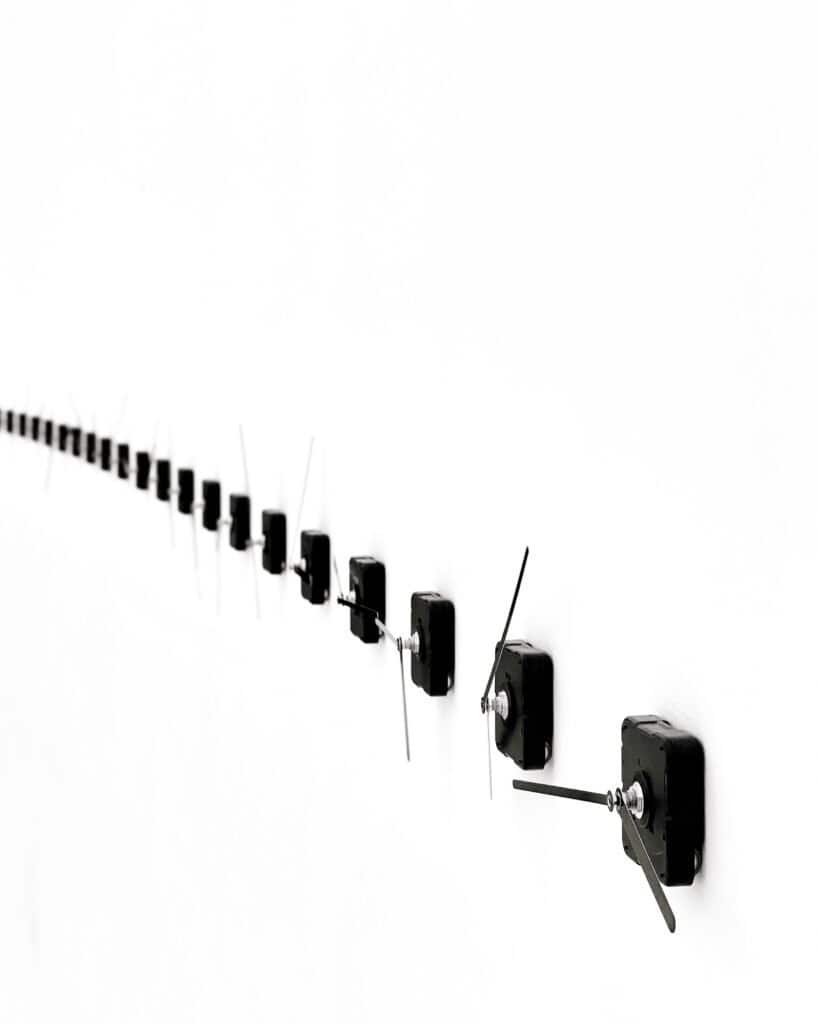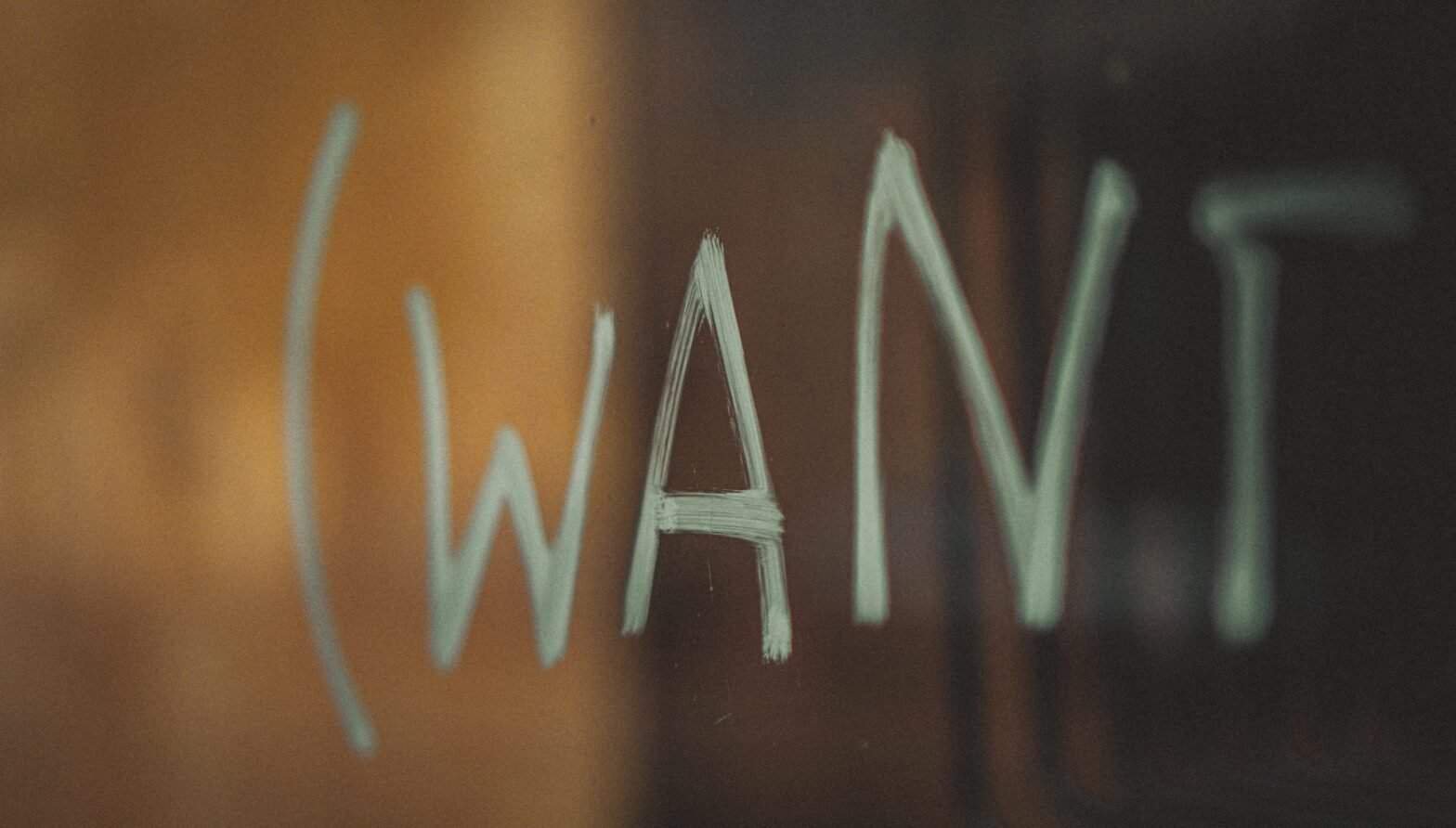In a blow to Uber, DoorDash, and Grubhub, a New York State judge has denied their attempt to block a minimum-wage bill in New York City. Under this bill, gig workers in the food-delivery sector would be entitled to earn at least $18 per hour. The aim of the legislation is to ensure that tech giants properly compensate their thousands of gig workers. The gig platforms had filed a temporary restraining order to prevent the bill from taking effect in July, arguing that consumers would face higher costs and workers would suffer from decreased tips. While the gig companies still have the option to appeal the judge’s ruling, this decision represents a significant setback for their attempts to maintain the status quo regarding worker pay.
Uber, DoorDash, and Grubhub’s Attempt to Block NYC Minimum-Wage Bill Denied by Judge

Read more about the Latest Money News
Overview
A recent attempt by Uber, DoorDash, and Grubhub to block a minimum-wage bill in New York City has been denied by a judge. This bill aimed to ensure that app-based food delivery workers received a fair minimum pay rate. The decision by the judge paves the way for these gig workers to earn at least $18 per hour. The gig companies had filed a temporary restraining order to prevent the bill from going into effect, citing concerns about increased costs for consumers and reduced tips for workers.
Background
App-based food delivery workers operate in the gig economy, where workers are classified as independent contractors rather than employees. This classification has become increasingly controversial, as it often results in lower pay and fewer labor protections for workers. The gig economy has seen significant growth in recent years, with companies like Uber, DoorDash, and Grubhub dominating the app-based food delivery sector.
Controversies surrounding gig worker pay have been a major concern. Many argue that these workers are not adequately compensated for their time and effort, leading to calls for better regulation of gig worker pay. New York City, as a major hub for app-based food delivery, has been at the forefront of these efforts to ensure fair pay for gig workers.
Read more about the Latest Money News
New Minimum-Pay Rate Announced
Earlier this summer, New York City officials announced a new minimum-pay rate for app-based food delivery workers. The goal was to raise workers’ pay to $17.96 starting July 12, with an eventual increase to $19.96 by April 1, 2025. The announcement aimed to improve the financial situation of gig workers who rely on these platforms for their livelihoods. The implementation date for this minimum-pay rate was a point of contention for the gig companies.
Gig Companies File Temporary Restraining Order
In an effort to prevent the minimum-wage bill from going into effect, Uber, DoorDash, and Grubhub filed a temporary restraining order. The gig companies argued that the bill would burden consumers with higher costs and harm workers by reducing their tips. They contended that the independent contractor model, which allows these platforms to set their own pay rates, provides flexibility for both workers and consumers. They believed that the proposed minimum-pay rate would disrupt this balance.

Judge Denies Attempt to Block Minimum-Wage Bill
The judge presiding over the case denied the gig companies’ attempt to block the minimum-wage bill. The ruling allows the bill to proceed, ensuring that app-based food delivery workers will receive a minimum pay rate of at least $18 per hour. This decision has significant implications for gig workers in New York City, as it provides them with added protections and a more stable income.
Supporters of the minimum-wage bill argue that it is a necessary step to address income inequality and ensure fair compensation for gig workers. They believe that these workers deserve better pay and working conditions, given the essential services they provide. By denying the attempt to block the bill, the judge has affirmed the importance of minimum-wage protections in the gig economy.
Potential Contention from Gig Platforms
While the judge’s ruling marks a victory for gig workers, it is anticipated that the gig platforms will not accept the decision without contention. These companies have significant financial interests at stake and may explore alternative strategies to counter the minimum-wage bill’s impact. They may seek to challenge the ruling through various legal avenues, leveraging their resources to influence future outcomes.
The challenges for the gig companies are multifaceted. They must find a balance between maintaining their profit margins and meeting the demands of workers and regulators who are pushing for improved pay and working conditions. Moreover, the gig platforms must consider the potential long-term consequences of resisting these measures. Continued opposition may lead to further regulatory scrutiny and public backlash.

Appeal Options
Although the judge denied the gig companies’ attempt to block the minimum-wage bill, they still have the option to appeal the decision. The appeals process allows the companies to present their case to a higher court, seeking a reversal or modification of the ruling. However, the likelihood of a successful appeal is uncertain, as they will need to provide compelling legal arguments to challenge the judge’s decision.
The timeline for the appeal process can vary, potentially prolonging the uncertainty surrounding the implementation of the minimum-pay rate. This adds an additional layer of complexity for both gig workers and the gig platforms themselves. It remains to be seen how these companies will navigate the appeals process and what impact it may have on the ultimate outcome.
Conclusion
The recent denial of Uber, DoorDash, and Grubhub’s attempt to block a minimum-wage bill in New York City is a significant development for gig workers. It signals a growing recognition of the need to protect and adequately compensate these workers in the gig economy. While there may be contention and potential appeal options from the gig platforms, the ruling sets a precedent and emphasizes the importance of minimum-wage protections in this evolving sector.
Moving forward, it will be crucial to monitor the actions of both gig companies and regulators. The outcome of any potential appeals and the response of gig platforms to the minimum-wage bill will shape the future of app-based food delivery and gig worker pay. The debate over fair compensation in the gig economy is far from settled, but the recent ruling in favor of the minimum-wage bill provides hope for improved working conditions in this rapidly expanding industry.










